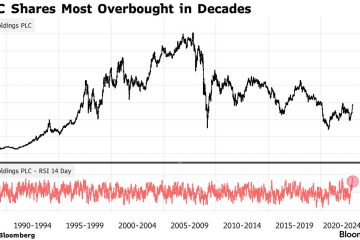Understanding Gina Miller’s Impact on Financial Activism

Introduction
Gina Miller has emerged as a key figure in the realm of financial activism and public advocacy in the United Kingdom. Known for her tireless efforts in legal challenges against governmental decisions regarding Brexit, Miller’s work transcends political divides and focuses on the governance of finance and accountability. Her influence highlights the intersection between law, finance, and public policy, making her a crucial voice in contemporary discussions surrounding financial ethics.
Recent Developments and Legal Challenges
In recent news, Miller has been actively campaigning for transparency in financial markets and advocating for investor rights. Her focus on the investment industry gained traction following her pivotal role in the 2016 Supreme Court case that confirmed parliamentary sovereignty against the government’s plans post-Brexit. This landmark ruling not only reinforced the importance of democratic interests but also cemented Miller’s position as a significant influencer in political and financial discourse.
Moreover, Miller has regularly voiced concerns about the accountability of financial institutions, notably in the wake of the pandemic’s economic impact. She has called for rigorous reforms to ensure that financial entities prioritise ethical practices and mitigate risks associated with corporate governance failures.
Impact on Financial Advocacy
Miller’s efforts extend beyond legal representation; she has launched the ‘True and Fair’ campaign, which aims to challenge the lack of clarity in fund management fees and investment practices. Her initiatives have garnered support from various quarters, driving a conversation about the ethical responsibilities of financial services. As Miller continues her advocacy, she embodies a growing movement among investors seeking greater transparency and fairness from financial institutions.
Conclusion
Gina Miller’s endeavours represent a critical juncture in the fight for financial integrity and transparency. As she continues to challenge both political and financial establishments, her influence is likely to encourage further public involvement in financial matters. The ongoing relevance of her work may prompt legislative changes that align more closely with public interests and ethical standards. For readers keen on understanding the dynamics between financial governance and individual rights, Miller’s story is a compelling case of how one individual can catalyse significant public discourse and change within the financial sector.









